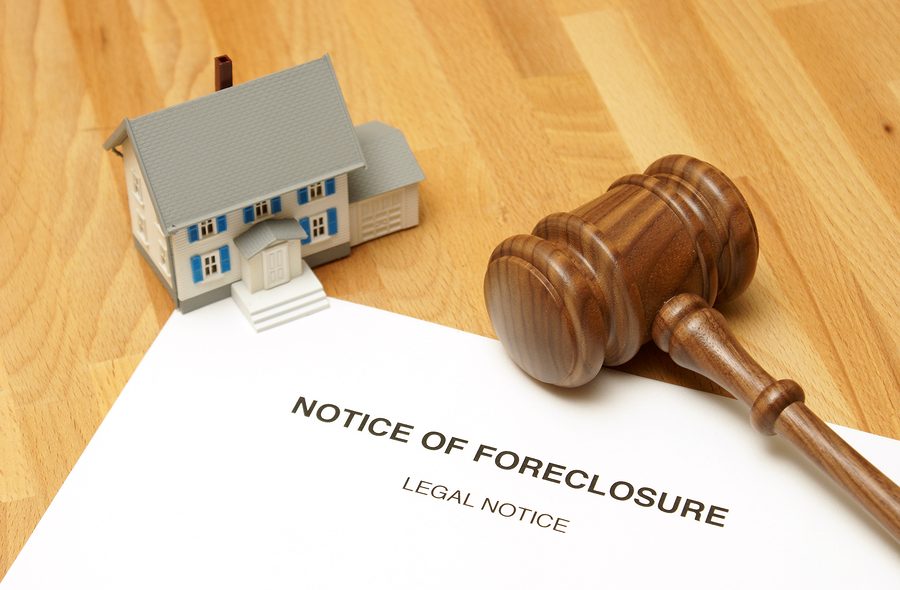The American housing market is booming, even though various aspects of the nation’s economy are struggling due to the coronavirus (COVID-19) pandemic. During the last quarter of 2020, the nation’s mortgage debt load reached a record high of $10 trillion, according to figures from the Federal Reserve Bank of New York. Low interest rates for home mortgages is a big catalyst for this boom in the housing market.
Consumers are taking advantage of record low interest rates when making home purchases. At the start of November 2020, mortgage rates reached a 12th record low in 2020. As a result, mortgage debt jumped by $85 billion between July and September 2020, reaching a high of $9.86 trillion.


